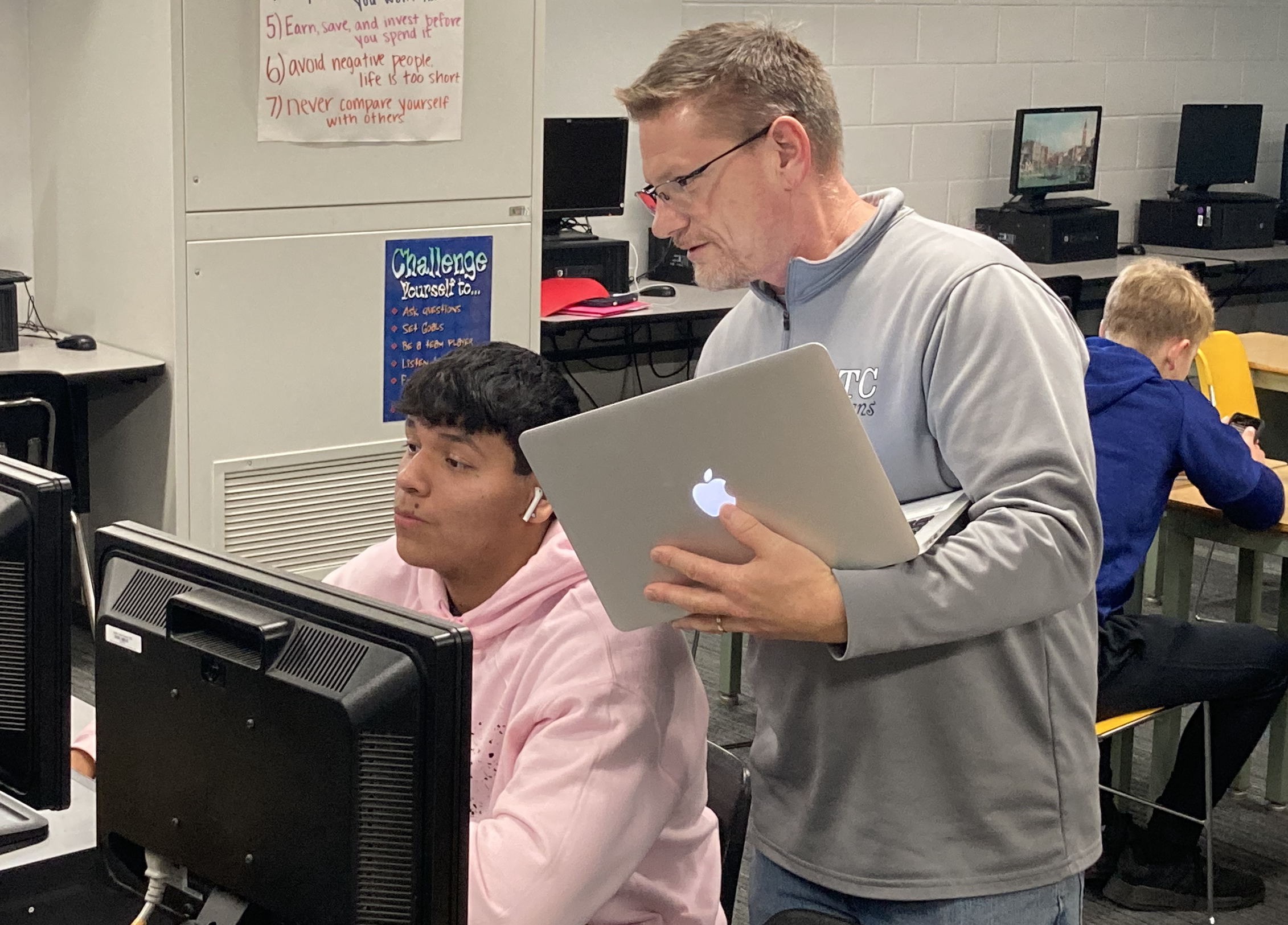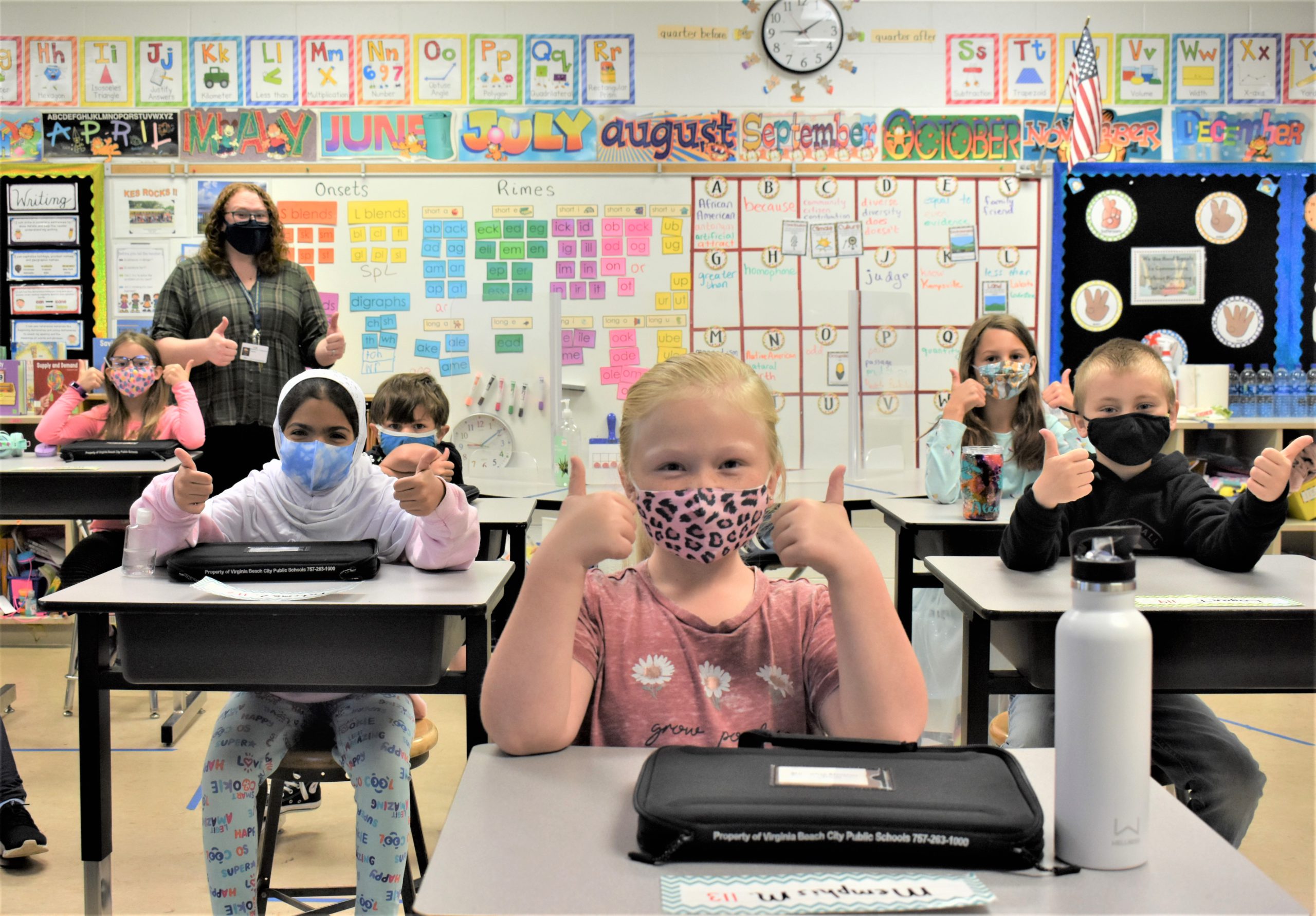It was just a month into the school year and teachers in one Iowa district were already telling administrators they were at risk of burnout.
For one thing, they had already spent hundreds of hours being pulled away to cover other classrooms because many of the district’s substitutes dropped out during COVID, says South Tama County School District Superintendent Jared R. Smith.
To relieve the stress, Smith’s leadership team considered mindfulness and self-help programs, additional training or buying lunch for the staff. However, there was one factor that overshadowed all others. “It came down to time—they just needed time,” Smith says. “They needed time to plan for class and time to collaborate, and we were sucking up their time asking them to cover empty classrooms.”
Smith and his team have now added an additional two-hour early release day each month to give teachers more time to catch up if, for example, they’ve lost planning periods to covering classrooms, he says.
“We promise not to touch that time, we’re not going to have meetings or PD,” Smith says. “There’s a tendency to micro-manage and say, ‘Here’s what we will do.’ We’re going to trust our staff to use that time.”
Feedback from the first early dismissal in October was positive. Teachers worked on curricula and meet with special ed and ELL teachers, among other activities.
Smith encourages other administrators to schedule more time for teachers while managing any concerns parents might have about supervising children on early-release days.

“There should not be just a few of us administrators doing these things; this is not a time to get complacent,” he says. “Sometimes we think there are barriers in way of these plans, but that’s why you’re in the position you’re in—to troubleshoot and come up with solutions.”
‘We didn’t get into this to play politics’
Henrico County Public Schools’ efforts to reduce teacher stress include hiring a team of permanent substitutes for each building, Superintendent Amy Cashwell says. Her district has also added early dismissal days to create more planning time, postponed some professional learning initiatives and offered teachers some flexibility to work remotely.
The district will also give staff and students four additional days off if it doesn’t use its allotment of inclement weather closures. “I don’t think any one thing we do will completely alleviate the stressors staff are feeling,” Cashwell says. “It has to be a layered approach.”
Virginia Beach City Public Schools is currently short about 100 instructional positions but is also adding early release days through the end of January as well an extra day off before Thanksgiving, Superintendent Aaron C. Spence says.

“We are hearing from a lot of teachers that they are on the verge of burning out, that their mental health is suffering,” Spence says. “In a normal year, teachers work pretty hard and this is not a normal year and last year was not a normal year.”
Spence has told teachers to continue to work toward yearly goals but has suspended mid- and end-of-year evaluations. Administrators have also postponed non-essential professional development and scaled back the rollout of a new learning management system. Central office staffers have also been covering classrooms to take some of that burden off teachers.
The uncertainty caused by COVID surges and whether schools can maintain in-person instruction, and the tumultuous political landscape have also been big stressors, Spence says.
“Conversations about critical race theory, about curriculum, about books that may or may not be appropriate—when there’s a lot of divisiveness on school boards, that provides a general sense of uncertainly for employees,” Spence says.
“We’re educators, we got into this work to build relationships with children and have terrific experiences in the classroom and school,” he adds. “We didn’t get into this to play politics or to become publ health experts.”









